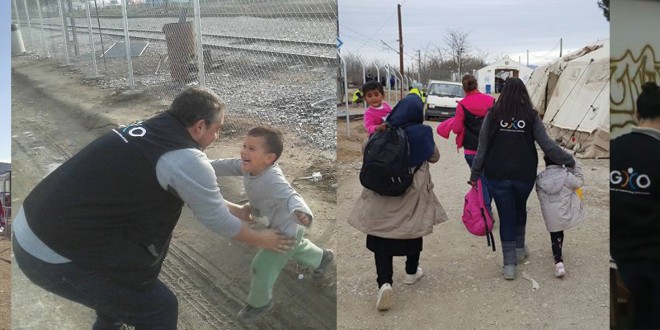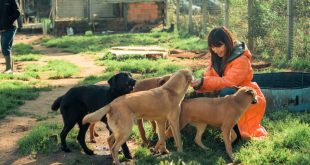Crowdfunding is a means of obtaining funding for ideas for new businesses and products that has been developing faster and faster since 2006 (reward crowdfunding). But it can also be used for funding social, humanitarian and charity projects (donation crowdfunding). Here, ECO123 presents one or more selected projects that are looking for funding.
A crowdfunding project describes exactly what it is about. It is often combined with a film that introduces the maker and project visually. A business plan explains exactly who wants to finance what, as well as how, why, where and for how long. In general, there is a precisely defined period of between 30 and 90 days. The desired amount of capital is then financed by the crowd in lots of small payments – or not, as the case may be.
Every crowdfunder, or investor, receives a reward for their investment, or perhaps just thanks for their altruism. All the money is earmarked for a specific purpose. The crowdfunding platform acts as the mediator and verifying institution and receives a 5% commission if a project is successfully financed. If a project does not obtain its financing within the defined period, the mediator receives nothing and all money is repaid to the crowd.
One exception are the “Causas” projects at www.ppl.com.pt, which are treated as social projects by Orange Bird Lda., the company responsible for the crowdfunding platform PPL. No matter how much money is gathered in these cases, investors may decide individually whether their contribution is made unconditionally, or is conditional on the project being fully financed.

Now to today’s project Dare-to-care
Based in Linda-A-Velha, Lisbon and Porto, GO HUMANITARIAN is a project that receives donations of money and goods for the Idomenim camp (on the border between Greece and Macedonia) for refugees who have fled from Syria, Iraq and Afghanistan. This is for follow-on funding after €9,500 was raised in the first crowdfunding campaign. The project itself works with four or five voluntary staff on site. They come from quite different professional backgrounds:
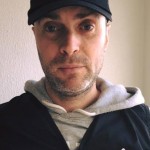
Paulo Leão (44), an entrepreneur for 23 years, managing director of a company, has left his family and company for a limited period to help needy refugees.
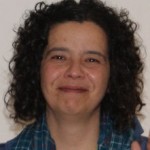
Ana Perpétuo (43), a social worker for 14 years, manages to find time between the different projects that make up her normal work to go to Greece and help out there for longer periods.
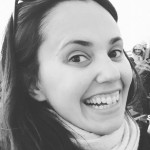
Ângela Marques (31), working in advertising and communication for eight years, handed in her notice and went to Greece.

Marta Canete (38) has been a nurse for seven years – is going through a difficult phase in her life and is trying to save up all her holiday and overtime to go to Greece again to help out with the project.
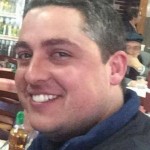
Hugo Caldeira (32) is a former hospital healthcare worker and now administrative assistant with ten years’ experience. He has taken unpaid leave to be able to stay in Greece for a longer period.
 Eco123 Revista da Economia e Ecologia
Eco123 Revista da Economia e Ecologia

